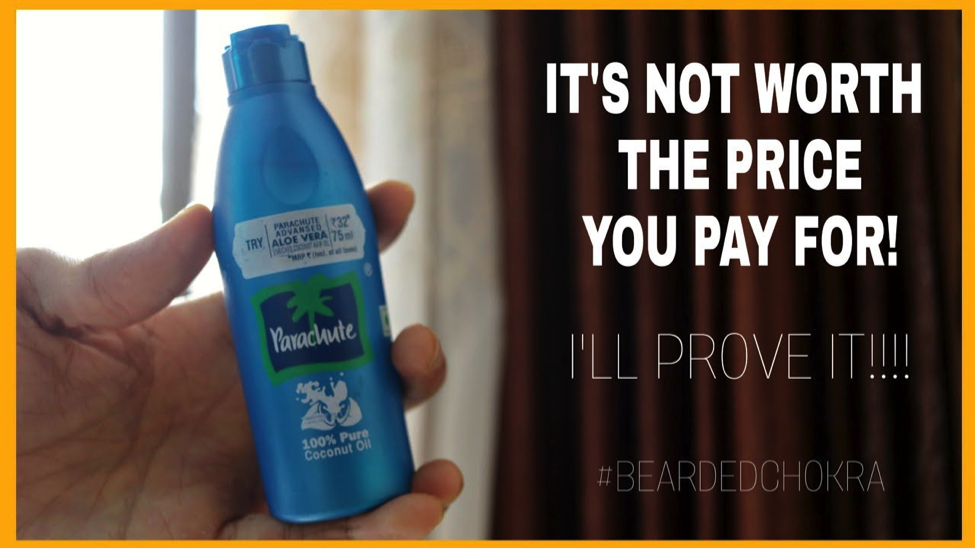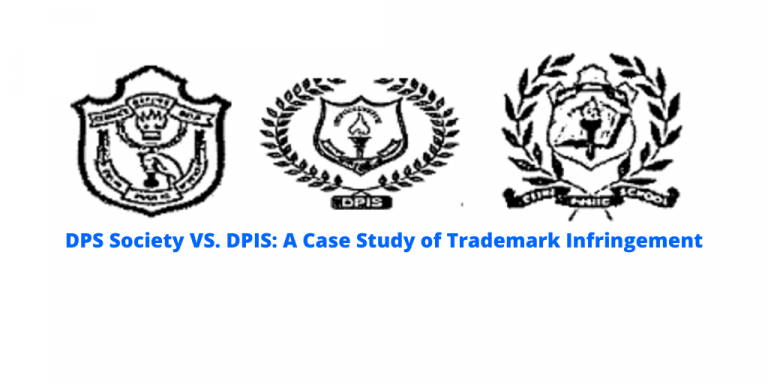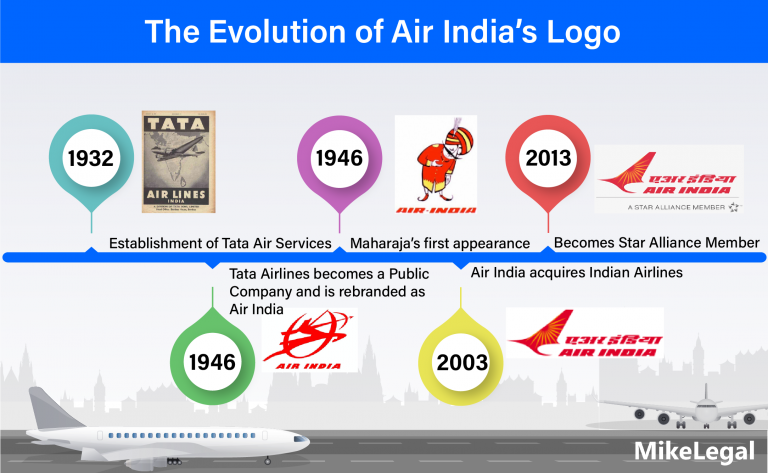Abhijeet Bhansali v. Marico Limited
Notice of Motion No 1094 of 2019 in COMIP No. 596 of 2019
DECISION
On February 14, 2020, the decision of the Hon’ble Division Bench of the Bombay High Court lifted the injunction on the video given by the Hon’ble Single Bench, asking the appellant to replace one line and delete few others (mentioned at the end). The question of law in this appeal was, ‘Whether the level of accountability with respect to freedom of speech given to the press is less than the “the disseminator of the information which allows commerce to piggyback on the opinion”?’
The order of the Division Bench stated the contents of the video and analysed (Para 24–32) the scenarios when a statement can be defamatory/malicious thereby when the damages must be awarded leading to an injunction. The court pointed out, that the respondent has accepted that coconut oil is not made from fresh coconuts and therefore the appellant was justified in calling off the bluff. Further, it noted that the appellant pointed out the difference refined/unrefined, virgin/mixed, pressing method or expeller processing method (to extract oil). The appellant has informed the viewers that the respondent’s oil is unrefined which is better than refined, however since it uses expeller processing and high temperature, it loses all its nutrients. Court mentioned that the learned Single Judge was wrong while saying that the appellant compared the respondent’s product with an unknown product (virgin oil) and overlooked the fact that the respondent itself claimed its product to be a virgin oil. Division Bench concluded that the error made by the appellant was trivial because it referred exemplar oil as ‘Organic Oil’ but actually meant ‘Virgin Oil’.
The parts required by the DB’s order to be replaced and deleted are listed below:
- Replace: “It’s not as good as you think” by “it’s not worth the price you pay”;
- Delete:
- “and the cap is too flimsy. Aadhi se jyaada baar toh who toot jaati hein”
- “or rotten”
- “is made from poor quality coconuts or it is”
- “Done reasons ho sakte hein for a strong coconut flavour”
- “So guys, this was an extensive review of parachute coconut oil with the tests and proof proving that it is of an inferior quality than an organic cold-pressed coconut oil”.
BACKGROUND
On 15th January 2020, Marico Limited v Abhijeet Bhansali came as a landmark judgment against YouTubers. The plaintiff approached the Bombay High Court seeking an injunction against an offending video, having the title “Is Parachute Coconut Oil 100% Pure?”, alleging that the defendant has made false and unsubstantiated claims.
ARGUMENTS
The plaintiffs argued that the defendant was promoting the competitors of their product, by providing links for purchasing products from e-platforms. The review in the video was part of commercial activity and not a general review of the customer since these videos help him earn the source of livelihood. Marico further submitted that the freeze test was a wrong test and wrong comparison. The video posted by the YouTuber, ‘Bearded Chokra’ satisfies all ingredients to constitute disparagement, slander of goods, and malicious falsehood. Marico clarified that there is no problem with the product and is made from “finest grade of coconut available”.
The defendant submitted that his video was to review the product and had no mala fide intention while posting the same. He submitted that he has not deleted any positive or negative comments thereby leaving it on the viewers to believe him or not. He added that his video was based on research done by reading various blogs and international articles.
DECISION OF SINGLE BENCH
Bombay High Court listening to the arguments granted an interim injunction, asking to take down a YouTube video reviewing the ‘Parachute Coconut Oil’. The court in the impugned judgment stated that “the fundamental right to freedom of speech and expression is not an unfettered right,” and “while it is absolutely necessary to maintain and preserve the freedom of speech and expression,” it is equally necessary to have some restrictions on this freedom “for the maintenance of social order in democracy”. It was held that the number of subscribers to the channel does not matter, it is the responsibility of the Video Blogger to not publish anything harmful or offensive. The bench included commercial speech within the domain of Freedom of Speech and Expression under Article 19(1)(a), however, it does not give the right to malign or disparage any product. Court gave the defendant a week’s time to appeal against the order, post that time he would have to remove the video from all the platforms. However, it declined to pass any order which creates a bar on the defendant to post any video; stating that it will depend on case-to-case basis.
CONCLUSION
With the decision given by the Division Bench, we can opine that the YouTubers do get the freedom of speech, however, if the expression is opined on any undisclosed/ derogatory fact then it can lead to defamation. The Vlogger should be able to assert the facts stated, merely labelling a statement as opinion will not protect the person from defamatory charges. Looking at the video, one can conclude that the two oils compared are different in nature, one is ‘Virgin Oil’ which is a different category altogether. The Food Safety and Standards (Food Products Standards and Food Additives) Fourteenth Amendment Regulations, 2017 introduced an entry for ‘Virgin Coconut Oil’ which made it compulsory for the traders to mention ‘Virgin Oil’. Marico never claims its oil to be a virgin oil. Therefore, there are chances that the matter will reach The Supreme Court.
Author credit : Kritika Gandhi






